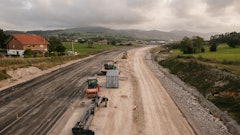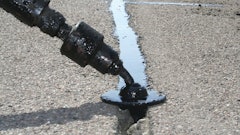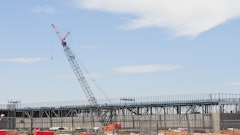Traffic congestion experts have long warned that pollution caused by idling vehicles on crowded roads was harming Americans' health. Now, for the first time, researchers at Harvard University have quantified the damage: They say that congestion in the USA's 83 largest urban areas last year led to more than 2,200 premature deaths and a related public health cost of at least $18 billion.
"Our estimates of the total public health cost of traffic congestion in the U.S. are likely conservative, in that they consider only the impacts in 83 urban areas and only the cost of related mortality and not the costs that could be associated with related morbidity — health care, insurance, accidents and other factors," the researchers at the Harvard Center for Risk Analysis at the Harvard School of Public Health report.
Researchers focused on motor vehicle emissions, using several models "to predict how much of what people are breathing in each urban area is attributable to emissions from traffic congestion."
"What the study says is when you are designing and evaluating (transportation) policies, you should take into account the pollution impacts, because they do matter," says Katherine von Stackelberg of the Harvard Center for Risk Analysis, a co-author of the study. She says people at risk are those sitting in traffic and others exposed to the polluted air.
Researchers evaluated premature deaths resulting from people breathing particulate matter. Previous studies have shown that motor vehicle emissions contribute up to one-third of particulate matter in urban areas.
"The report highlights the complete failure of elected leaders to adquately invest in new capacity for all modes of transportation," says Matt Jeanneret, spokesman for the American Road & Transportation Builders Association, one of 29 groups that commissioned the study. "Sadly, traffic congestion in America can be summed up this way: Time lost, fuel lost — and now, lives lost."
One bright spot: The number of premature deaths and the public health care costs associated with congestion have been declining slightly for a decade. Researchers say the decline will continue until 2030, when it is projected to begin rising.
"This reduction results from the continual turnover . . . to lower emission vehicles and the increased use of cleaner fuels," the report says.


























